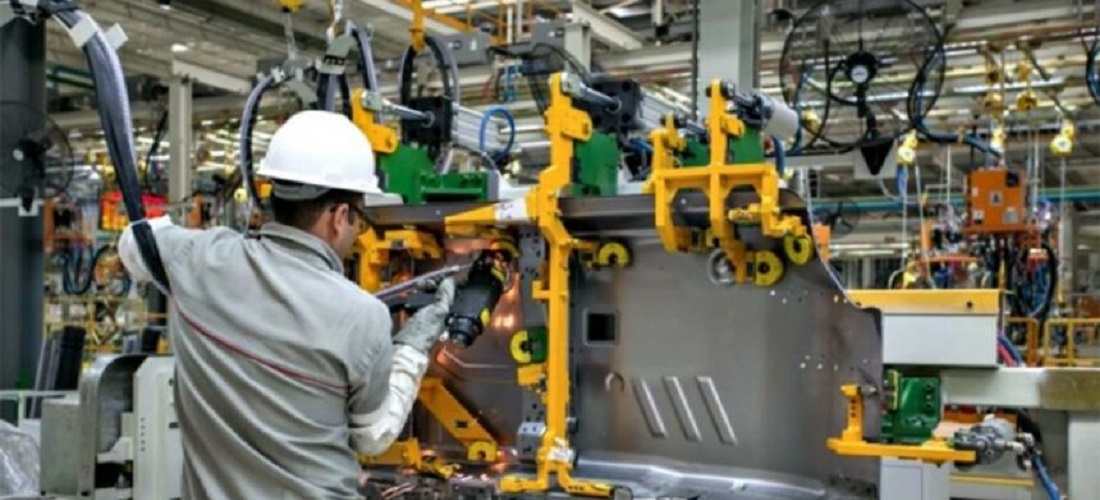
Machinery industry ends 2021 with a 21.6% rise in net revenue
Jan, 31, 2022 Posted by Gabriel MalheirosWeek 202205
The net revenue of the Brazilian machinery industry increased 21.6% last year, totaling R$ 222.4 billion from domestic sales and exports. The increase, announced on the 26th by Abimaq, an association representing mechanical capital goods manufacturers, stems from a 25.3% increase in domestic sales, which generated R$ 168.1 billion and a 34.2% increase in exports, which totaled US$ 9.38 billion.
Last year was the fourth consecutive year in which machinery sales grew, according to Abimaq’s assessment. Moreover, the association’s data show that investments have been constant after retreating to a deficient level in 2017.
Last year, Brazil imported R$ 308.9 billion in machinery and equipment, a 14.8% increase over 2020. Investment in imported machinery accounted for US$ 21.16 billion of the total, a sector whose flow increased by 23.4%.
Due to increased demand, the industry ended December with a workforce that was 12.9 % higher compared to the same month in 2020, representing a 15.6% increase in the average of all months. Last month, the total number of machinery and equipment industry workers reached 367,500. According to Abimaq, the increased production of agricultural machinery and farming implements accounted for a significant portion of the hiring.
The machinery industry de-accelerates in December
Despite the year’s overall positive results, December saw a slowdown in the industry. Revenue in the sector increased by only 0.4% to 2020 due to exports but fell by 6.9% compared to November.
Sales in the domestic market fell 9.9% against December 2020 and 20.3% compared to November. On the other hand, the revenue generated with shipments rose 46.4% compared year-to-year. Compared to November, however, exports dropped 31.8%, totaling US$ 1.1 billion last month.
In December, the consumption of machines in the country, including imported ones, totaled BRL 23.38 billion, down 0.7% compared to the same month in 2020 and 7.4% compared to November.
According to Abimaq, sales have been declining since the beginning of the second half of last year as a result of the lower production of consumer goods, both durable and non-durable.
Source: Isto É Dinheiro
To read the full original article please visit the link:
-
Ports and Terminals
Jul, 15, 2024
0
Cattalini Terminais celebrates 43 years with increased draft at private pier
-
Other Logistics
May, 03, 2021
0
Mato Grosso state may receive up to R$ 40 billion in logistics investments
-
Oil and Gas
Mar, 29, 2022
0
Brazilian fuel imports fall back in January
-
Other Cargo
Mar, 04, 2022
0
Imbituba Port will complete the country’s largest wood shipment

